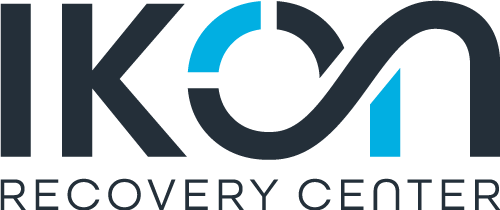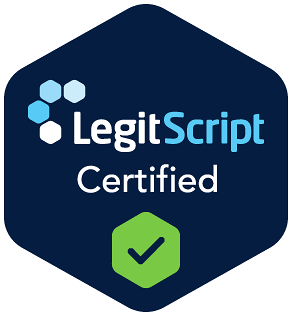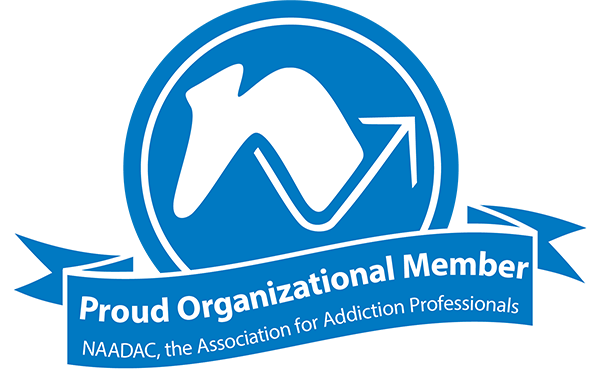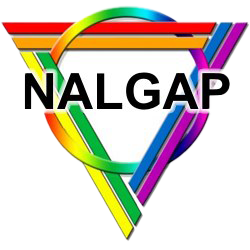Warren County, NJ, is located in the northwestern part of the state and is known for its blend of rural communities and vibrant towns, such as Phillipsburg and Hackettstown. The area, much like the rest of New Jersey, has faced increasing challenges with substance abuse in recent years. In response to this growing crisis, local and state authorities have prioritized the development of comprehensive addiction treatment resources aimed at supporting people and their families in their recovery journeys.
Local Resources For Warren County Drug & Alcohol Rehab
Local Resources & Information to Start Your Recovery Journey
Addiction Treatment in Warren County
Types of Addiction Treatment in Warren County
Warren County provides a range of addiction treatment options for substance abuse and mental health issues. Each level of care is designed to support you on the recovery journey with unique treatment interventions and a supportive community that you can count on:
How to Choose a Drug Rehab Center in Warren County
Choosing the right drug rehab center in Warren County can make all the difference. Be sure to consider the following when doing your research for yourself or a loved one:
- Specialization in substance use disorders (and dual diagnosis, if needed): Look for rehab centers that specialize in the specific substances involved in the addiction. Some facilities may focus on alcohol addiction, while others might have programs tailored for opioid dependence or polysubstance use. This specialization can provide targeted strategies and interventions that address the specific challenges associated with different types of substance use – and the same holds true for co-occurring mental health disorders as well.
- Their approach to integrative care: Consider whether the treatment center incorporates holistic and integrative therapies alongside traditional methods. Some facilities may offer services like mindfulness meditation, nutritional counseling, or outdoor therapy. These approaches can support the whole person – addressing physical, emotional, and spiritual well-being – which is crucial for lasting recovery.
- Family involvement in treatment: Think about the extent to which the rehab center encourages family involvement and if this would benefit your circumstances. Facilities that incorporate family therapy or support programs can help repair relationships and provide loved ones with the tools they need to support the person’s recovery. Engaging families in the process can enhance the overall effectiveness of treatment.
- Cultural competence: Assess whether the facility is culturally competent and inclusive, particularly if the individual seeking treatment comes from a diverse background. Treatment centers that recognize and respect cultural differences in their approach can better address unique perspectives on addiction and recovery.
- Location: While proximity to home can be convenient, also consider the environment of the rehab center. Some may benefit from a serene, rural setting away from their usual surroundings, while others may prefer to stay close to home for support from family and friends. Evaluate the facility’s location to determine if it aligns with your comfort and needs.

Sober Living Houses in Warren County
Sober living houses in Warren County can be essential transitional spaces for those in ongoing recovery from substance abuse. These facilities offer a supportive environment where residents can maintain their sobriety after completing formal treatment programs.
Key features of sober living include:
– Structured environment: Residents follow house rules, including chores and curfews, which foster accountability and responsibility, which are crucial for sustained recovery.
– Peer support: Living with others in recovery creates a sense of community. Residents can share experiences, offer encouragement, and develop coping strategies together.
– Life skills development: Many sober living houses provide workshops on job readiness, financial management, and healthy coping mechanisms to prepare residents for independent living.
– Connection to recovery resources: These houses often have ties to local support groups like Alcoholics Anonymous (AA) or Narcotics Anonymous (NA), encouraging residents to engage with the recovery community.
– A gradual transition: Serving as a bridge between inpatient treatment and independent living, sober living houses allow people to adjust at their own pace, with stays varying based on personal readiness.
Emergency Services for Addiction in Warren County
Emergency services have become a vital component in the community’s response to substance use crises as the impact of addiction continues to resonate throughout Warren County. These services focus on providing immediate care for those facing life-threatening situations, such as overdose or severe withdrawal. Local emergency responders are specially trained to assess and stabilize distressed patients while ensuring they are connected to essential treatment resources.
Community Resources for Mental Health & Addiction
Call or text 988 to access the new National Suicide and Crisis Lifeline in New Jersey
Veterans Crisis Line: Dial 800-273-8255, option 1
Local Stats You Need to Know
Warren County has made strides in addressing substance use issues, as reflected in the treatment admission statistics. In 2022, the county reported 977 treatment admissions, a slight decrease from 1,108 admissions in 2021.[1, 2] While this reduction indicates some progress in managing addiction within the community, it highlights the ongoing need for comprehensive support and resources.
The data underscores that, despite improvements, there is still much work to be done in tackling substance abuse and ensuring that individuals in need of help can access the treatment services available. Continued efforts are vital to further enhance recovery options and support systems for residents struggling with addiction.
Help for Substance Abuse in Warren County At Ikon Recovery
It’s never too late to start the recovery process from drug and alcohol abuse. Contact Ikon’s admissions team today and let us help you get started.
Sober Activities in Warren County
- Hike the Delaware Water Gap National Recreation Area, where you can enjoy breathtaking views, diverse trails, and opportunities for birdwatching in a stunning natural setting.
- Visit the Warren County Historical and Cultural Center, where you can learn about local history through engaging exhibits and participating in community events.
- Take a scenic walk along the Musconetcong River, featuring peaceful trails that are perfect for leisurely strolls and connecting with nature.
- Join a pottery or painting class at the Phillipsburg Area Arts Council, providing a creative outlet and the chance to meet others in a supportive environment.
- Explore the scenic trails at the Spruce Run Recreation Area, which offers opportunities for hiking, fishing, and picnicking amidst beautiful landscapes.
- Take a guided nature walk at the Jacobsburg Environmental Education Center, where you can learn about local flora and fauna while enjoying the great outdoors.

Paying for Treatment in Warren County
Navigating the financial aspects of addiction treatment in Warren County is an essential step in securing the right care. Start by checking your health insurance policy to understand what services are covered. Many insurance plans offer partial or full coverage for various types of addiction treatment, including inpatient and outpatient programs, detox services, and therapy sessions.
Once you clearly understand your insurance benefits, reach out to potential rehab centers to confirm which plans they accept and what your out-of-pocket costs might be. Many facilities are willing to work with clients to find financial solutions, including payment plans, sliding scale fees, or assistance in applying for financial aid.
Frequently Asked Questions About Attending Drug & Alcohol Rehab in Warren County
What types of therapies are commonly used in rehab?
Rehab centers in Warren County often utilize a variety of therapeutic approaches to address substance use and underlying issues. Common therapies include cognitive-behavioral therapy (CBT), which helps individuals identify and change negative thought patterns and behaviors; group therapy, where participants share experiences and support each other; and family therapy, which involves loved ones to repair relationships and improve communication. Holistic therapies, such as art, music, or yoga therapy, may also be offered to promote overall well-being and healing.
Can I bring my personal items or electronics to rehab?
Policies regarding personal items and electronics vary by facility. Most rehab centers implement restrictions on electronics to minimize distractions and help individuals focus on their recovery. Generally, you may be allowed to bring essential personal items such as toiletries and comfortable clothing. However, it’s important to check with the specific rehab center for their guidelines on what you can bring to ensure compliance with their policies.
Will I have to participate in group therapy?
Most rehab programs include group therapy as a core component of treatment, as it offers a supportive environment where individuals can share experiences, learn from others, and develop social skills. While participation in group therapy is typically encouraged and highly beneficial, it may not be mandatory in all programs. If you have concerns about participating, it’s important to communicate with your treatment team, who can work with you to address your needs and preferences.
Other Nearby Locations
Sources
[1] County, W. (2023). New Jersey Drug and Alcohol Use Treatment Substance Use Overview 2022. https://www.nj.gov/humanservices/dmhas/publications/statistical/Substance%20Abuse%20Overview/2022/War.pdf on October 15, 2024
[2] County, W. (2022). New Jersey Drug and Alcohol Abuse Treatment Substance Abuse Overview 2021. https://www.nj.gov/humanservices/dmhas/publications/statistical/Substance%20Abuse%20Overview/2021/War.pdf on October 15, 2024
